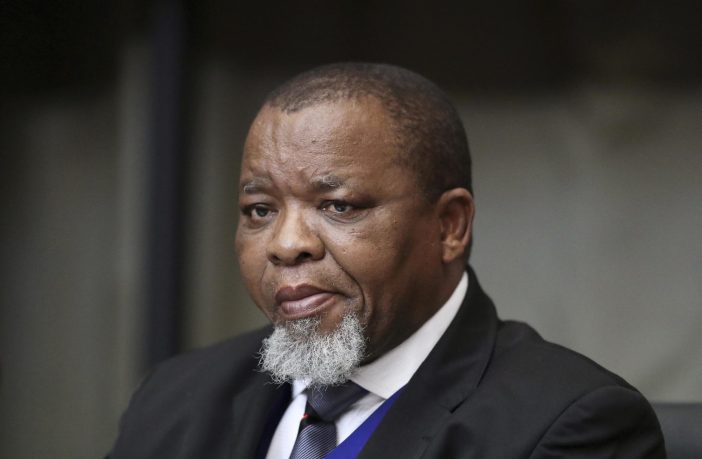- Meridian Economics (Meridian) has reviewed South Africa’s Integrated Resource Plan 2023 (IRP 2023) and submitted comments to the Director- General of the Department of Mineral Resources and Energy (DMRE) as part of a public participation process.
- The DMRE published the IRP 2023 on 4th January 2024 with (extended) time for comments until 23rd March 2024. Read more
Meridian says that major problems with the approach render the IRP 2023 draft inadequate and opaque. They say that unrealistically constrained, over-priced renewables has resulted in a gas-heavy plan.
The highlight the following:
Inadequate process
- The draft for stakeholder comment is highly opaque, significantly complicating its review.
- The DMRE has stated that the IRP draft is still to be ‘policy adjusted’. No provision is made for stakeholder comment on this critical aspect, which may result in a very different ‘Emerging Plan’.
- The IRP 2023 does not include Nuclear in either the Emerging Plan to 2030 or the Reference Pathway to 2050, but a large Nuclear RfP will imminently be issued to market leaving the legitimacy of either the IRP or the RfP in question.
The methodology used is confusing and does not substantiate the emerging plan
- Lack of optimisation: While the inclusion of a long-term planning horizon to 2050 is useful, the Horizon 1 analysis only considers capacity currently in development, with no power system optimisation conducted to determine potential additional new capacity that may end loadshedding sooner.
- Use of predetermined technologies: The Horizon 2 analysis presents five pathways for the power sector, each of which represents a different combination of technology options. Since these technology combinations are determined prior to optimisation, they are necessarily sub-optimal, presenting a false choice of options from a limited set of seemingly arbitrary and unrealistic technology combinations.
- Inexplicable new-build limits: Excessively stringent (and undisclosed) annual build limits are applied to Solar (capped at 900 MW) and Wind (capped at 1720 MW) in the Horizon 2 analysis, significantly constraining their deployment. There is no rational basis for such binding constraints, with 2.5 GW of rooftop Solar PV added in SA in 2023 alone (and 5GW of panels imported). Moreover, the application of build limits is inconsistently applied. In Pathway 2 for example, Solar PV is severely constrained limiting its installed capacity to 18 GW by 2050. By comparison, 34.5 GW of unconstrained CSP is built over the same period, equivalent to about 5 times current total global installed capacity.
- Coal decommissioning schedule: The IRP 2023 takes Eskom’s coal decommissioning schedule as given. Particularly given the environmental issues associated with coal use, earlier retirement of the coal fleet must be considered.
For a summary of the Meridian Economics modelling findings jump to: Summary of modelling findings
For the Meridian Economics conclusions and recommendations jump to: Conclusions and Recommendations
Download the full Meridian Economics IRP report HERE
Link to the full Draft IRP 2023 HERE: IRP-2023-for-Public-Comments-User-friendly
Author: Bryan Groenendaal















